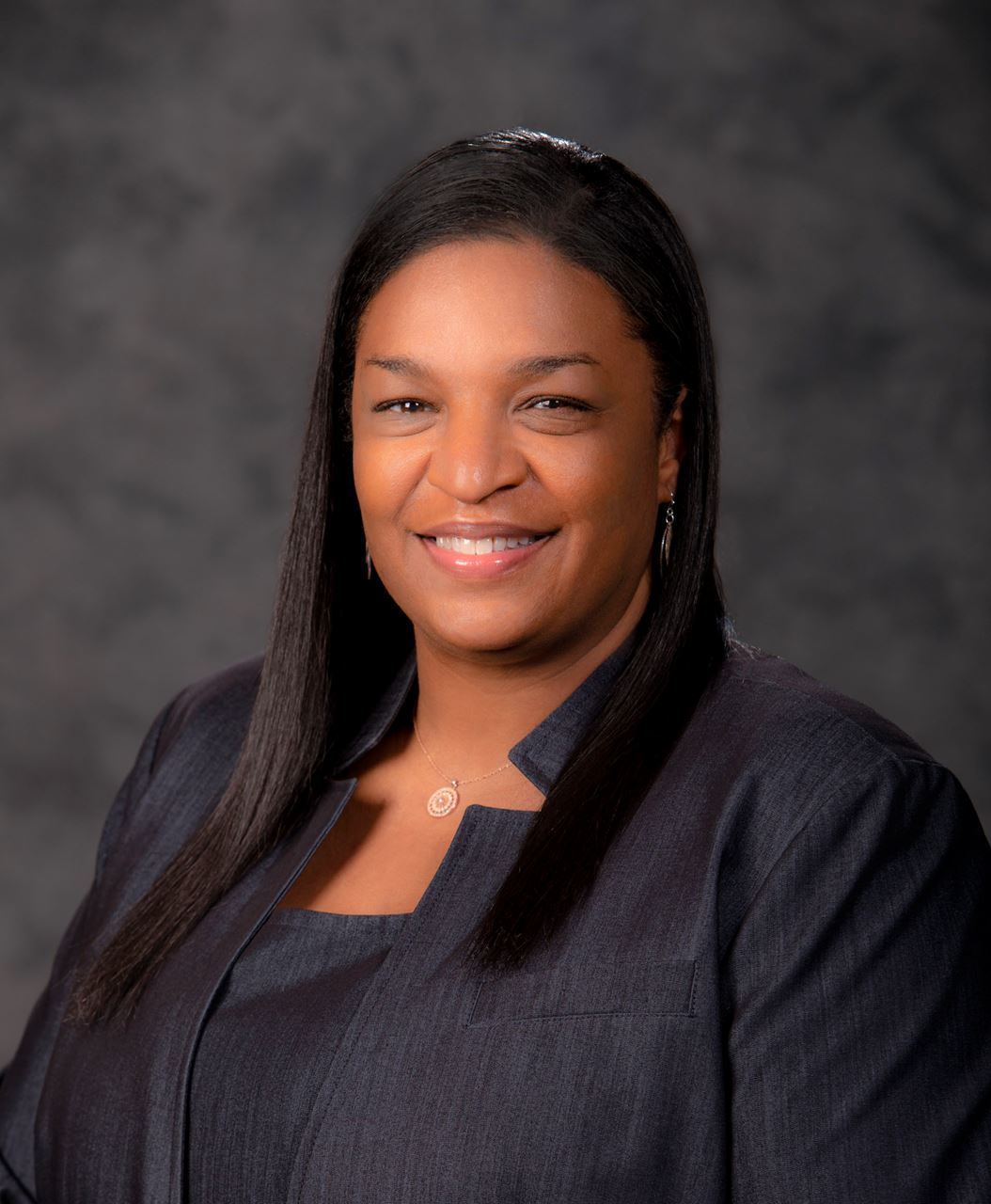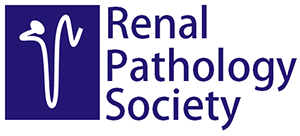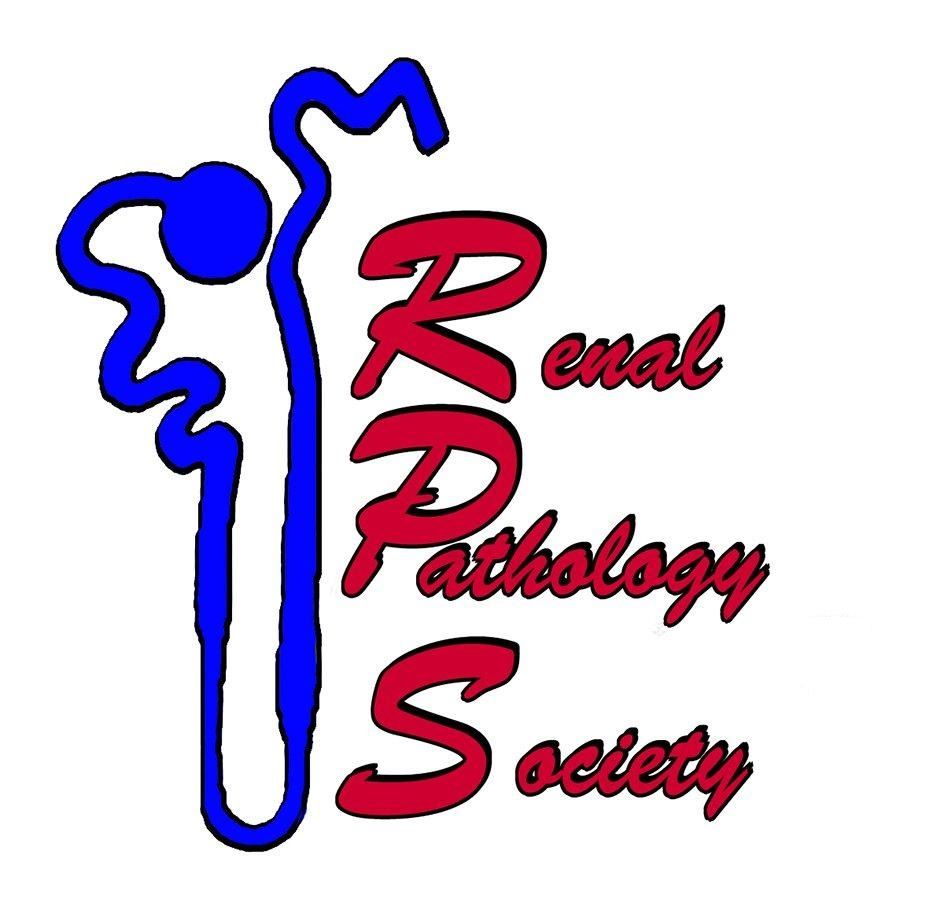 Dear RPS members,
Dear RPS members,
In 2022, the RPS would like to focus on embracing diversity, equity and inclusion (DEI) and on broadening our international network. One way to achieve this goal is to celebrate a semi-monthly calendar of observances and appreciations for those that are underrepresented in medicine, with 10-question interviews highlighting our diverse pool of members. As February is the month of celebrating the history of Black Americans (who disproportionately suffer from kidney disease), the first interview is with Carla Ellis, former RPS training committee chair and then treasurer, and now co-chair of the Communications/Website committee and Social Media Working Group. Please find the interview below.
1. What is your name, where were you born, where do you work?
My name is Carla Ellis. I was born in Columbus, Georgia on the Fort Benning army base (I'm an army brat!) and I currently work at Northwestern University Hospital/School of Medicine in Chicago, Illinois.
2. What is your number one topic of interest in nephropathology?
I love everything about nephropathology, so it's very hard for me to pick a favorite, or specific subtopic. What I love most is teaching the complexities of our interesting field to medical students, nephrology fellows, and pathology residents!
3. What is the thing you like most about your job?
I love teaching, and I also love the interwovenness of the findings on renal biopsies by light, immunofluorescence (IF) and electron microscopy! Many times I look at my IF slides first to get a sense of my cases before light microscopy. Electron microscopy is so important for us, and the images are
a beautiful modality. I also appreciate the wealth of expertise in our field and what we learn from senior renal pathologists at our conferences and meetings.
4. What is the most challenging aspect of your job?
We experience many daily challenges, but one the most challenging aspects of my job is time management between the demands of administrative and clinical service work, teaching preparation, committee/society work and research pursuits. I'm a fan of structure, and we all know how "unstructured" a typical work day can be. I want to do the best I can in all of those aspects, so I'm still evolving and will likely always be a work in progress!
5. What did you want to become when you were a child?
Growing up, I wanted to be a veterinarian, but then I spent some time at an animal pound and quickly changed my mind. I love animals but it's so hard to see them hurt or neglected.
6. What would be your wish for the future - in general or in relation to your work?
My wish would be the universal realization and acceptance of the importance of diversity, equity and inclusivity across all medical specialties and within our professional societies and workspaces.
7. Any special interests apart from Nephropathology?
Genitourinary pathology - many renal pathologists have done a fellowship in another specialty, mine was genitourinary (GU) pathology. GU is a great "companion" for renal pathology as all aspects of the kidney are covered, and non-neoplastic renal disease is important to understand and appreciate along with renal tumors.
8. How do you think Pathology will look like in 10 years’ time?
I look forward to the more widespread use of digital imaging for all pathology subspecialties, especially in renal pathology, which I think will be more readily available in 10 years.
9. Who would you consider to be your mentor in renal pathology or pathology in general?
There are so many individuals that have played a huge part in my love of pathology overall, and specifically renal pathology. If I had to name one person, it would be Lorraine Racusen. Dr. Racusen was a renal pathology attending at Johns Hopkins when I was a pathology resident and renal pathology fellow there. She was the first to explain to me that the pathology of the kidney was actually two separate fellowships (Genitourinary and Medical Renal). I went on to do both fellowships, but I loved my time with Dr. Racusen and her passion and expertise in renal transplant pathology. She was a tough, but effective teacher and would edit my previewed reports with giant, aggressive circles on all my mistakes, including the time I left the word "glom" in a report instead of the proper term of "glomerulus"! She was a wonderful teacher and now a respected colleague.
10. What is your favorite non-work related activity or way to spend your time?
I have been trying to prioritize and have an intentional focus on wellness and self-care. Our jobs as physicians and trainees are very stressful and highly subject to burnout. It's up to us as individuals to prioritize adequate breaks and restorative activities so that we can adjust to work related stress and be the best versions of ourselves at all times. As such, I try to make sure I use my vacations and other time away from work with friends and family and exploring the amazing art and museum culture of Chicago. It's not a hard place to find great food as well!
Bonus Question of Dr. Ellis’ choosing: What is one thing about you that one wouldn't know from reviewing your CV or casually meeting you at a conference?
I'm so glad you asked! A long time ago I was considered a great volleyball player and I was inducted into the athletic hall of fame at my college alma mater, Howard University. Go Bison!!

 Dear RPS members,
Dear RPS members,


